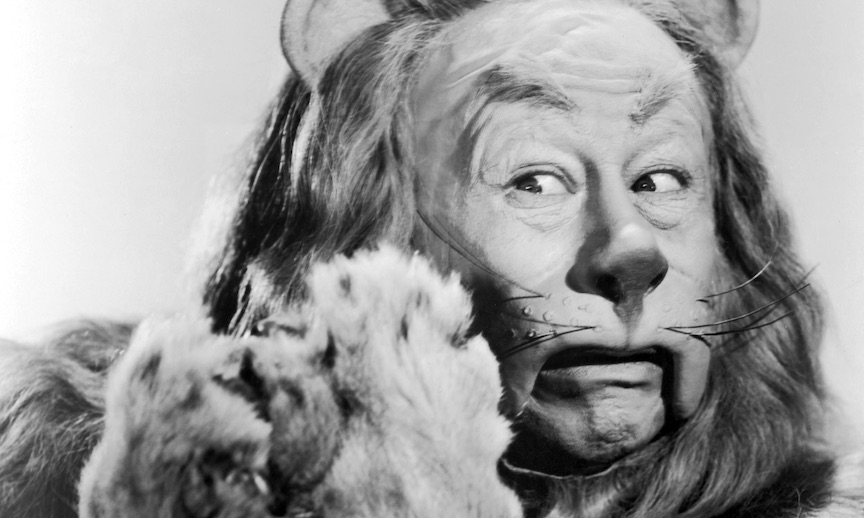THE FIX IS IN
About fifteen years ago, all of a sudden, out of nowhere, members of my family started gifting me with Wizard of Oz collectibles. For my birthday, my sister sent a Ruby Slipper paperweight, then a Toto figurine. Mom’s Christmas package included an Oz skyline ornament. For Father’s Day, my daughter gave me a snow globe with Dorothy and her friends dancing across the poppy field. It all surprised me, because I’d never had any special attachment to the movie. I couldn’t remember every discussing it with any of them. I appreciate Judy Garland, sure, but I wondered, “Am I that much of a cliché? Just how very gay do these people think I am?!”
I expect that it mostly had to do with the fact that the curios had become ubiquitous in mall-based Hallmark Shops across the country. MGM and its properties were being passed around through different owners and holding companies at the time, and Hallmark somehow had gotten in on the action. No doubt, my family’s gifts were intended to signal affirmation and support. And I did appreciate that. Still, the stereotype tickled me. (Around the same time, my parents also sent me a Cher CD).
I encountered more Wizard of Oz mania among my ministerial school classmates a few years later. This time the biggest fan was a straight guy, which was sort of refreshing. But it was also funny, because he, too, assumed that I must surely love Dorothy as much as he did — probably more, I mean, since I was gay and all. For one of our final projects, we created a service in which five of us offered metaphysical analyses of the main characters — Tin Man, Scarecrow, Lion, Witch, Dorothy — as a group sermon. It was not my idea. I only agreed to it on the condition that I could be the Bad Witch.
Anyway… Recently, I stumbled upon this photo of Burt Lahr as the Cowardly Lion, and it got me thinking about it again.
I understand the movie’s staying power. Technically, it was very impressive, especially for its time, and it holds up as a stunning visual achievement. The performers are all wonderfully talented. I really like that an intense darkness counterbalances the oversaturated candy-colored sweetness of the thing; those flying monkeys are freakin’ terrifying. Most importantly, the reason the film has remained a part of our cultural canon for the better part of a century is its empowering (and totally New Thought) moral:
The Good you seek has always been within you. Mind, Heart, Strength, and Home are already within you.
At first, we might imagine that we’ll find the antidote to what ails us in some magical land like Oz. Or that we’ll be rewarded with the solution like a prize after we’ve proved ourselves on an adventure. But it turns out that the Wizard is a fraud. Oz is a dream. And the answer has been inside us all along. Simply look within and bring it forth.
It’s an appealing idea. And I think there’s a lot of truth in it. But here’s the thing… As lovely as this wisdom is, simply knowing it doesn’t make a whole lot of difference on its own.
This is a bit of an issue for the Science of Mind, too, with its insistent emphasis on the power of pure knowing. Know the spiritual truth… Affirm and pray and remember… Think positive thoughts and corresponding conditions will follow…
Knowing is a fine place to start. But I submit that it’s through practice that we actually change things.
Dr. Laurie Santos — psychologist, Yale professor, and podcaster — studies happiness. In 2014, she published a paper about the limitations of knowing. Turns out, learning that we’re wrong about something usually doesn’t change our minds or our behaviors around it. Even if the new knowledge might make us happier. Even if the new knowledge might solve our problems. Our biases tend to be deep, pre-conscious, and quite intractable.
She calls the idea that knowledge changes or fixes much of anything the “G.I. Joe Fallacy.”
In the early 1980s, there was a Saturday morning cartoon featuring the action hero, G.I. Joe. Every week’s show ended with a moral for the young audience. Joe would conclude, “So now you know, kids. And knowing is half the battle.” Santos demonstrates that this simply isn’t true. Indeed, knowing is usually far less than half the battle.
In fact, learning something new, something that contradicts what we perceive or what we previously thought we knew, sometimes leads to further entrenchment in our old ideas. Unless it confirms what we already thought, we tend to retreat into stubborn non-acceptance of most new information. Even happy new information.
Knowing may present a new track. Occasionally, having fresh information can inspire some change. But not usually. Usually, simply knowing something new doesn’t do much at all.
Glinda could have tried explaining to Dorothy up front that she just needed to click her heels and wake up with a sense of innate belonging. But I don’t think it would have done the trick, because she was pretty sure that her life in Kansas was something to be escaped, and a better world existed over the rainbow. If she’d gone home with that frame of mind, it’s likely she would’ve been doubly miserable. Likewise with the Scarecrow — telling him, “You’re the individualized embodiment of an Infinite Intelligence” wouldn’t help much as long as he believed he was stupid. And the Tin Man — “Of course you’ve got a heart, don’t be ridiculous!” And the Lion, “Bravery isn’t the absence of fear — it’s being scared and acting anyway!”
We can’t really talk ourselves out of our hangups. Nor can we know our way out of most of our biases, perceptions, attitudes, and prejudices.
We can, however, practice our way through them.
New information can introduce choice where before we didn’t recognize alternatives. But the rubber only meets the road when we exercise this choice, practice new choices. As we practice on purpose, our participation in life becomes more creative and transformational. In time, we develop new habits. And new habits gradually do tend to change the ways we see and know, relating to the world around us.
Whereas knowing may or may not change behaviors , practice does reliably lead to new ways of knowing.
This is one of the reasons why I’m so committed to community — to community for community’s sake. Creating a supportive environment in which to practice whatever commitments we choose, through which to practice whatever changes we’d like to effect in ourselves, our lives, and the world.
We can obtain new knowledge from a book or a sermon or a podcast, and that’s fine. It takes us as far as it takes us. Our practice of togetherness, though — that’s the real game changer. That’s where experience and knowing and creativity become an adventure, a journey into technicolor possibilities — taking us both where we’ve always been and into that which we’re constantly becoming.
I can’t wait to be with you this Sunday, February 19, 10:00am at Maple Street Dance Space. XO, Drew
©2023 Drew Groves




